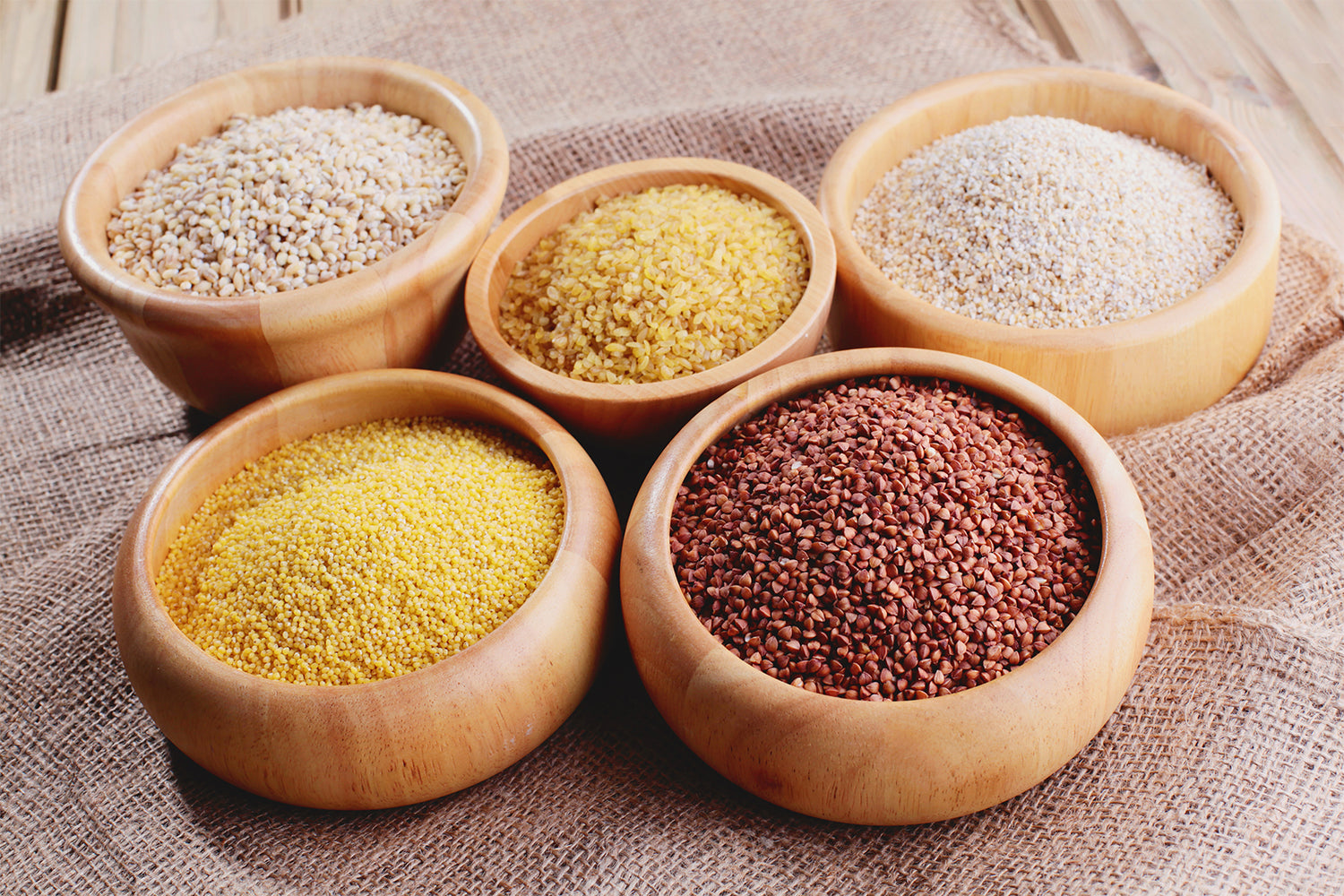In the quest for better health and nutrition, it's often the simplest, most humble ingredients that can make the most significant impact. One such powerhouse of nutrition is millet, an ancient grain that is regaining popularity for its impressive medical benefits. Millet has been a staple in the diets of many cultures for centuries, and today, we're discovering just how versatile and healthful it can be, especially for individuals with underlying diseases.
A Nutritional Powerhouse
Millet is a gluten-free whole grain that comes in various types, such as foxtail millet, pearl millet, and finger millet. It's packed with essential nutrients that can benefit everyone, but its unique properties make it particularly advantageous for those with underlying health conditions.
Managing Diabetes with Millet
One of the standout benefits of millet is its impact on blood sugar levels. With a low glycemic index, millet releases glucose into the bloodstream slowly, helping to stabilize blood sugar. For individuals with diabetes, this can be a game-changer. Replacing rice with millet in your diet can lead to better blood sugar control, reducing the need for frequent insulin spikes.
Weight Management and Millet
Millet is not only a boon for diabetics but also for those aiming to shed pounds. It is a low-calorie grain with high dietary fiber content. This combination keeps you feeling full for longer periods, curbing overeating and promoting weight loss. Moreover, millet's fiber aids in digestion and prevents constipation, making it an excellent choice for individuals with gastrointestinal issues.
Heart Health Benefits
A heart-healthy diet is crucial for those with underlying cardiovascular conditions. Millet's magnesium content helps relax blood vessels, reducing the risk of hypertension. It's also a source of potassium, which plays a vital role in maintaining a healthy heartbeat. Incorporating millet into your meals can be a proactive step in promoting cardiovascular health.
Boosting Nervous System Health
For individuals with neurological conditions, millet's high content of B vitamins, particularly niacin and folate, is valuable. These vitamins support the nervous system and may aid in managing conditions like Alzheimer's disease or peripheral neuropathy.
Enjoying Millet in Your Diet
The best part is that integrating millet into your diet is easy and delicious. Millet can replace rice in most recipes, from pilafs to stir-fries and even desserts. You can also find millet flour for baking gluten-free goodies.
Before making any major dietary changes, it's essential to consult with a healthcare professional, especially if you have underlying health conditions or dietary restrictions. However, the potential medical benefits of millet are too good to ignore.
Incorporating millet into your diet can be a positive step towards a healthier and more enjoyable eating experience, whether you're managing a health condition or simply striving for better overall well-being. So, why not give this ancient grain a try and savor both its delicious flavors and its potential health benefits? Your body will thank you for it!







